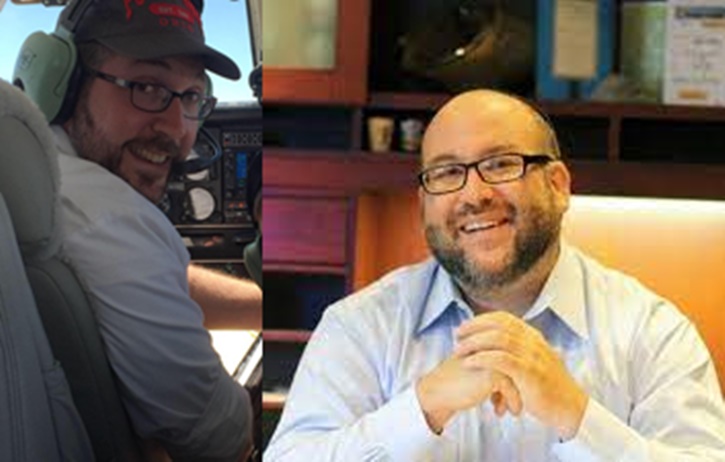This past Sunday morning I was at the levaya for Baruch Taub z”l, one of the victims in the
tragic plane crash last week. I listened as each maspid painted a picture of a man who lived
with a deep awareness that he was living for Olam haba, selflessly giving anonymously to
others, a devoted husband and loving father. Most of all, he was a man who knew that he was in this world to constantly grow, and he did.
I knew Baruch. Every word that was said resonated, because it was true. What struck me today is how often at a Levaya, I walk away with a powerful sense of inspiration about the greatness of the niftar when it’s too late. I wondered to myself, was I blind during their lifetime or fooling myself at levayos? How many of us knew Baruch, liked him, and genuinely respected what a wonderful person he was but never solidified in our perception his true greatness?
In the field of neuroscience there is a well researched phenomenon termed the “negativity bias”. In short, the negativity bias is the human brain’s tendency to gravitate more towards negativity than positivity. It’s why we react stronger to insults than to compliments, remember our painful past more often than our great memories, and are overall more attuned to problems than blessings. The reason for this is that we are hardwired for survival and being alert to possible threat is more critical for survival than being happy and content.
But what happens when we live our lives through the lens of the negativity bias? We see our spouse’s innocent remarks as hurtful and get angry, we perceive our children’s normal
rambunctious antics as “bad” and we constantly notice fault in everyone around us. Over time and repetition we define those we love most through the distorted perception of the negativity bias.
When are we shaken awake to see the truth? When those we care about die, we are confronted by reality along with the deep regret that we didn’t appreciate our loved one enough. The reality is that all of us are amazing people trying to grow, to be better children, parents, spouses and Jews. All of us have greatness within us. Do we have faults and act in ways that we shouldn’t? Absolutely. The question is whether we are using the lens of the negativity bias when we look at each other and ourselves, or are we using an accurate perception that we too often get only when it’s too late. If we are to use this tragedy as an impetus for growth, we must challenge ourselves to question which lens we are using to see those we love while we still can.
By Chaim Moshe Steinmetz, LISW
[email protected]
(YWN World Headquarters – NYC)











